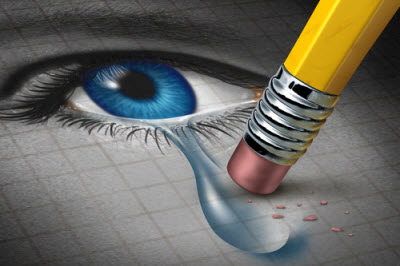
TRAUMA RECOVERY
 WHAT IS TRAUMA ANYWAY?
WHAT IS TRAUMA ANYWAY?
Trauma is the negative emotional impact of distressing events. Some traumatic events happen and are over relatively quickly, such as a natural disaster, and some traumatic events happen repeatedly, such as abuse and neglect.
The effects of traumatic events are very individual, and usually the impact relates to the nature and duration of the event and factors that help neutralize the impact.
Exposure to repeated traumatic events before the age of 18 is called developmental trauma. This type of trauma usually has the greatest negative impact on an individual. In fact, there is some concrete data that demonstrates the relationship between adverse childhood experiences and health outcomes, including longevity.
LET’S DIG A LITTLE DEEPER
Are you wondering about your past childhood experiences? It might be helpful for you to take the original ACE assessment. It was first used in a Kaiser study that looked at developmental trauma and health outcomes in adults.
This assessment helps you understand what is defined as adverse childhood experiences and where you score on the number and magnitude of these events. Most people have at least a score of 1. When your score is a 4 and above you know that there has been significant trauma in your developmental years. As a part of the work we do together, I can help you take and score this assessment. This helps you and I understand more fully your risk factors and make decisions about treatment.
THE IMPACT OF TRAUMA IS FAR-REACHING
If you have experienced childhood trauma, you may feel like you have been “wired” for anxiety and depression. You are correct. Trauma affects the developing brain, enlarging the area associated with the “flight or fight” response, and developing thought patterns that contribute to depression. A 1995 Kaiser Permanente study showed a stunning connection between adverse childhood experiences and many mental health issues like anxiety, depression, substance abuse and suicide attempts. Additionally, due to the neurobiology of chronic stress, Kaiser found that trauma survivors are many times more likely to develop physical health issues.
This is not happy news by any means. However, it does help us identify the problem so that we can intervene both early and late. The good news is a big word called neuroplasticity. Neuroplasticity simply means that we can change the brain structure reducing the impact of chronic stress and developmental core negative beliefs. So, yes, we can intervene to help reverse the scientific affects of trauma.
YOU ARE NOT ALONE
Part of my journey to becoming a therapist were my own childhood experiences. I myself have a score of 6 on the ACE assessment. I believe it is important to own and share our experiences to raise social awareness of the prevalence and impact of trauma.
Your childhood experiences were not your fault but a product of circumstances outside of your control as a child. I know that you have been telling yourself that your childhood really wasn’t that bad, and you don’t want to admit that things that happened to you long ago could be that powerful. But deep down you suspect that your behaviors and life circumstances today are connected in some way.
IT’S TIME TO STOP RUNNING
There is healing if you begin to acknowledge what has happened in the past. Only by acknowledgement and developing new ways of thinking can you begin to take away its power over you today.
Whether your trauma was adoption, abuse, difficult family dynamics, or even a different traumatic event like military service, you can begin to understand and manage your feelings and take control of your life.
In therapy, we can put together a comprehensive plan to begin healing trauma. Understanding, clarity, and collaboration bring the power to heal and change.
I can help, call today at (515) 442-5611 or complete the contact form below.
